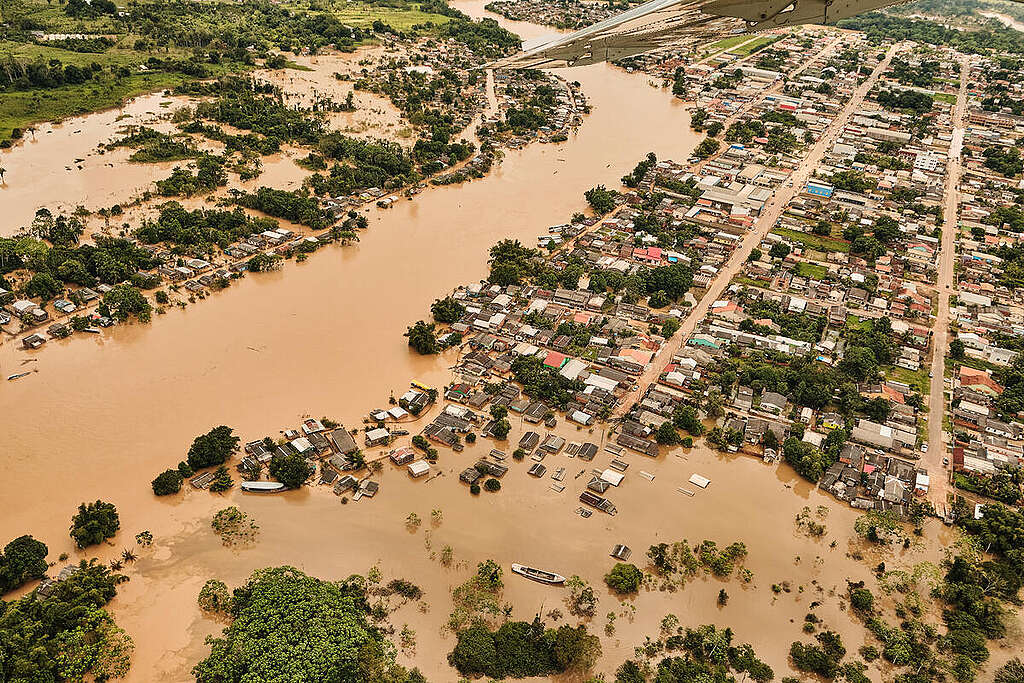Extreme weather is hitting with unprecedented force, uprooting lives and changing landscapes forever. Families and communities across the world are facing unimaginable devastation. As global temperatures rise, extreme weather events are intensifying, aggravated by the operations of fossil fuel companies.
Four survivors from three continents share their personal experiences and the toll that extreme weather events have taken on their lives. This is the reality of living on the frontline of the climate crisis.
Darroberto and Beatriz – Rio Grande do Sul, Brazil
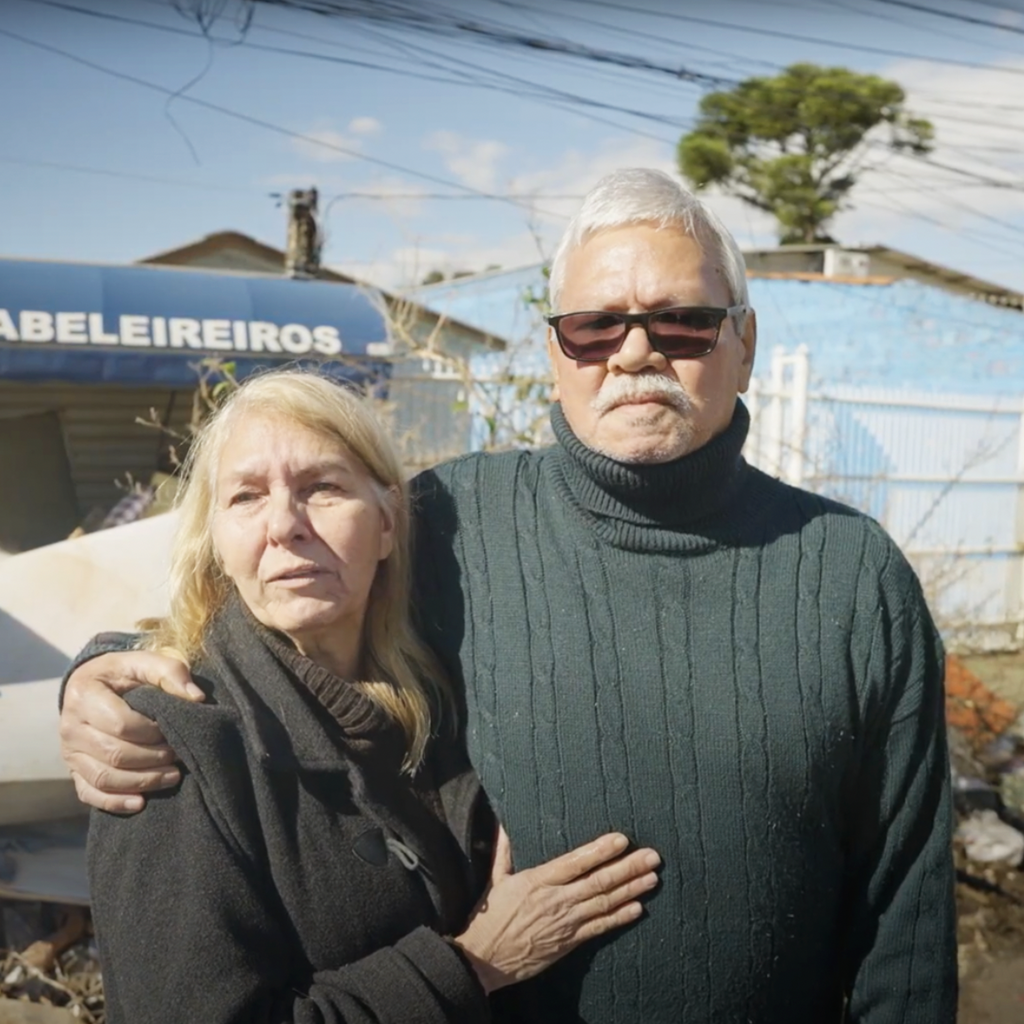
" It looked like a war scene." Darroberto and Beatriz in front of their family business.
We've been married for 43 years, and we've lived here for 44 years. I'm retired, we had a peaceful life.
Suddenly, on May 4, water started appearing. We couldn't tell where so much water was coming from. In an hour, we had to leave the house with water up to our chest. Water had never come this far. We almost had to swim out.
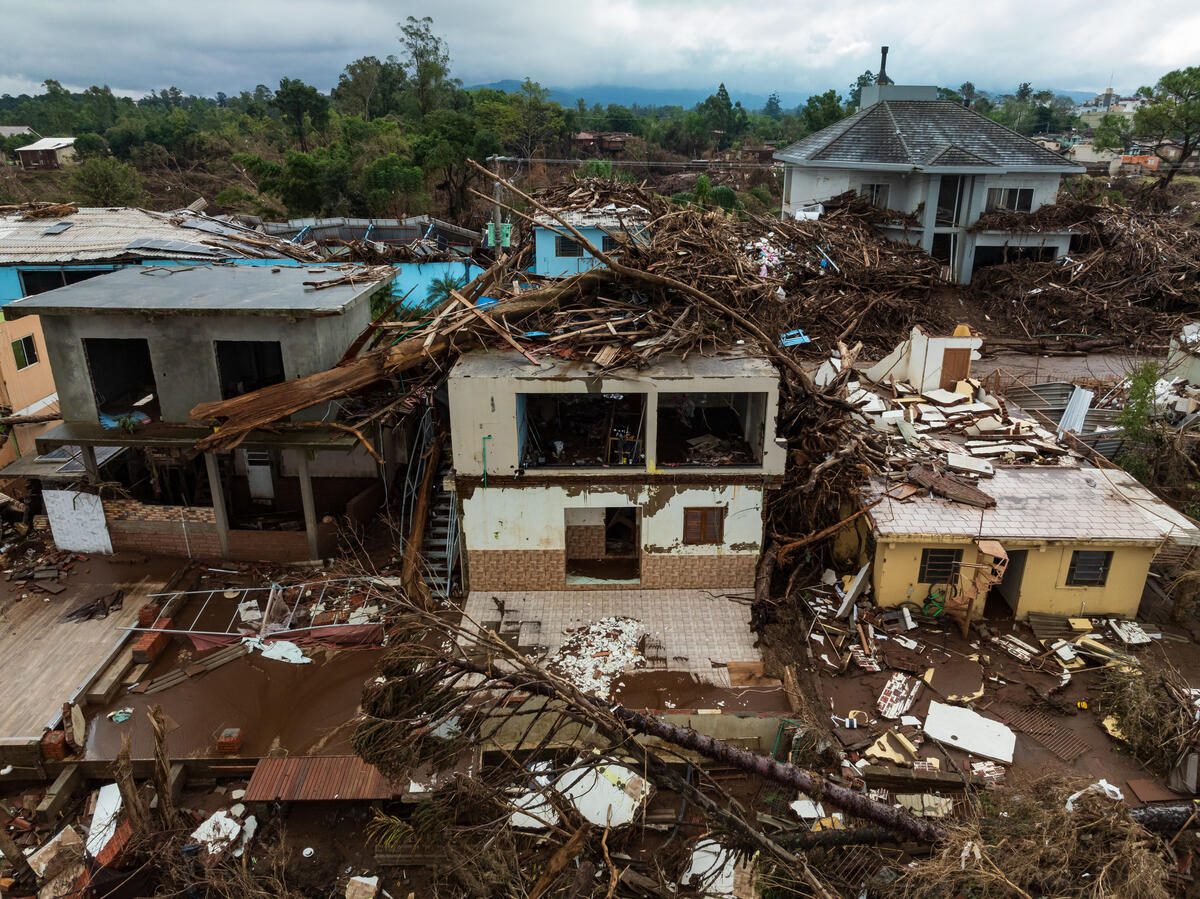
We went to the second floor of our neighbours' house and stayed there. There were seven of us and four pets. We thought we'd spend the night and return the next day. We spent the whole day waiting for rescue, the water kept rising and almost reached the second floor. Other people on the roofs, shouting for help. It looked like a war scene. We were starting to panic.
We were rescued to a boat at 10:30 PM, in the rain. The rescuers were civilians, they had to break down a gate to rescue us. It took us almost two hours to get to the entrance of the supermarket, ducking to avoid the wires.
"We couldn't tell where so much water was coming from. In an hour, we had to leave the house with water up to our chest."
My son rescued us and took us to his house, where we stayed for 22 days. In 22 days, the water hadn't receded. The entrance to our neighbourhood was full of water. We were desperate.
After 22 days, we went to my brother-in-law's house to start the cleanup there. Practically nothing was salvaged. It's heartbreaking to see everything being taken out, a lifetime of things. The debris is still here; we relive this every day. Every day we're throwing things away. There are rats, cockroaches, odors… It's horrible.
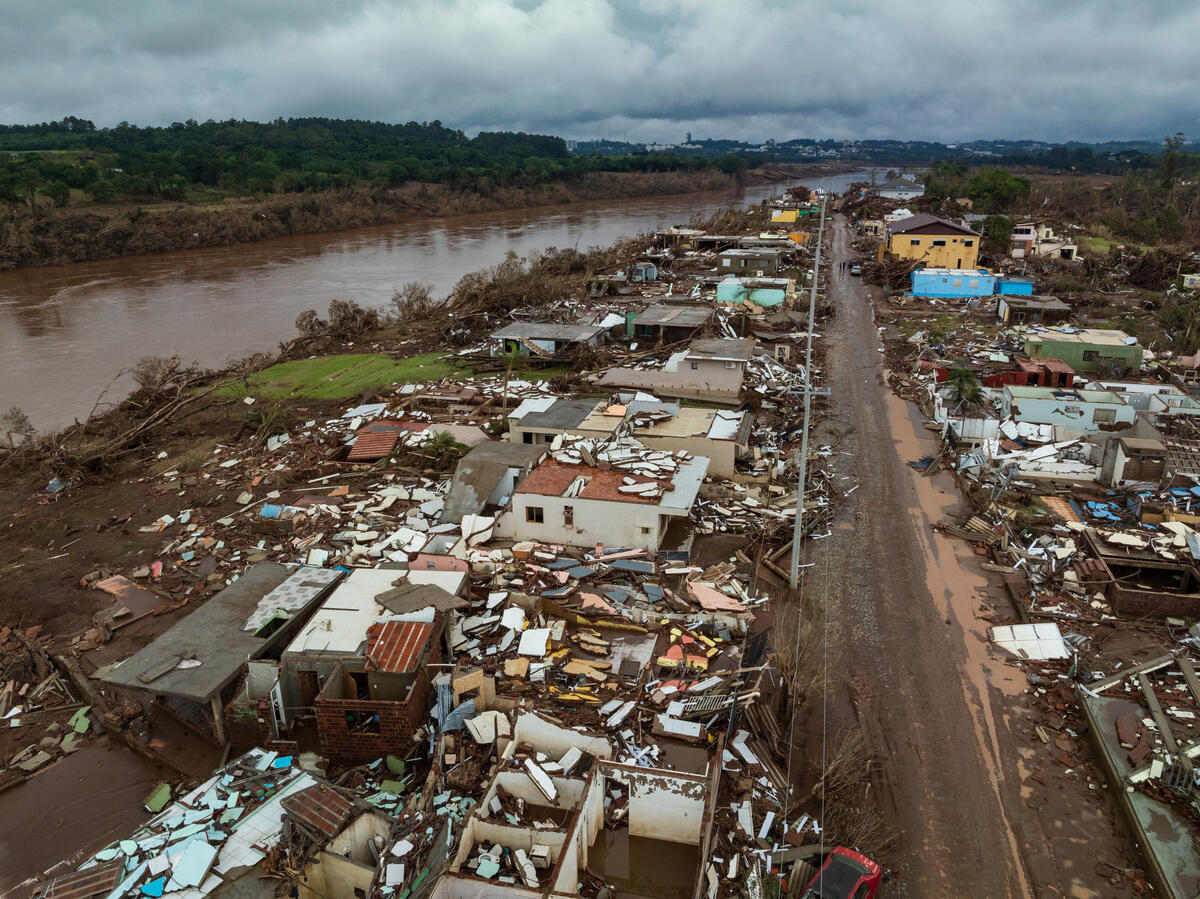
On the day we started the cleanup, friends and family came. Everyone came together. Everyone was cleaning, taking everything out. After we removed everything, we cleaned the whole house, twice. We painted. And then we could return home.
"It's heartbreaking to see everything being taken out. And the debris is still here; we relive this every day."
When we got home, there was another peak of rain. We left for a week. Now, we just want to get rid of this debris, we can't call it trash because it was our stuff. We look with great sadness at what has been lost, and at the same time with hope for what is to come. These objects represent our lifetime's work.
It's time to make the polluters pay. Sign now to hold the oil and gas corporations accountable, and support a safe and fair future for all.
This happened so we could see how there are still good people. There's not only bad people. I think the bad ones are up higher. They don't think that things need to take a new direction. Now, with what happened, we saw how there are wonderful human beings. Why isn't it always like this? Why do we have to wait for a tragedy for this to happen?
Sharma – Tongaat, South Africa
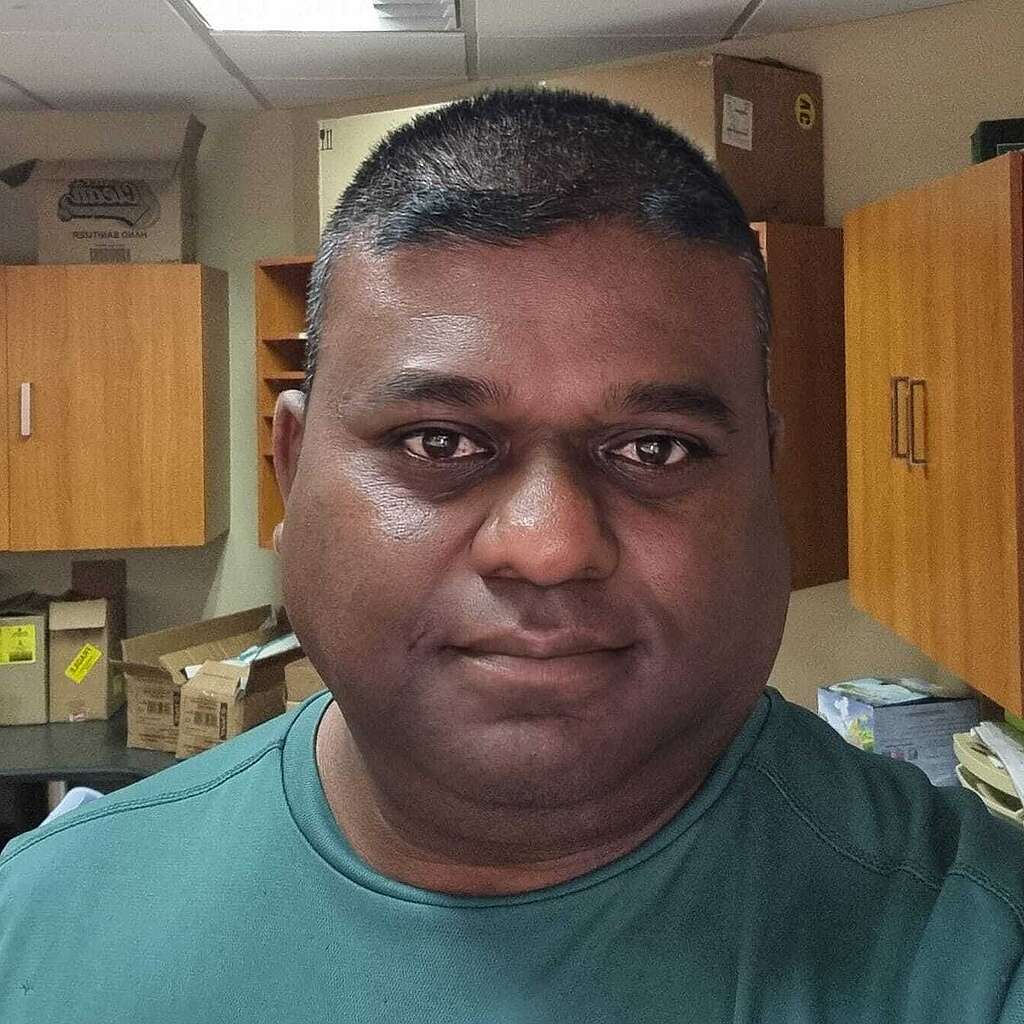
"What was once a home filled with love and warmth is now just an empty shell of ruins."
In the late afternoon of June 3, 2024, a tornado swept through parts of Tongaat, decimating all in its violent path. My family home was totally destroyed. What was once a home filled with love and warmth is now just an empty shell of ruins. The tornado destroyed homes and displaced hundreds of families in its destructive wake that left 12 fatalities.
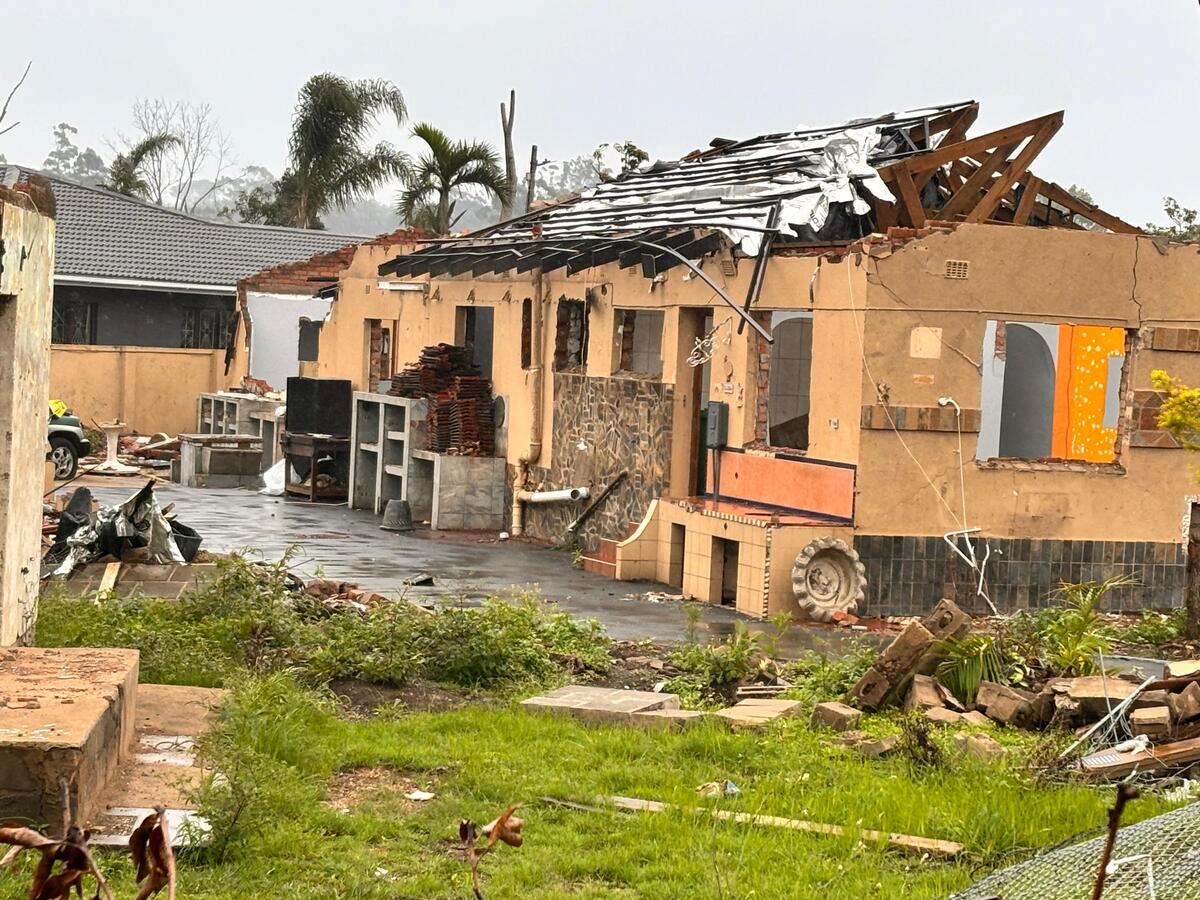
Two years prior, our very same home was submerged and destroyed by floods. My elderly parents' physical and mental health has been severely impacted since these senseless events. Our possessions and lives are ruined once again by extreme weather events.
I donated whatever ruined personal and household items we found to Greenpeace Africa, who are going to take them to the oil and gas companies. Oil and gas companies need to start paying for the damages they are causing to the climate.
Trixie – Batasan Island, Philippines
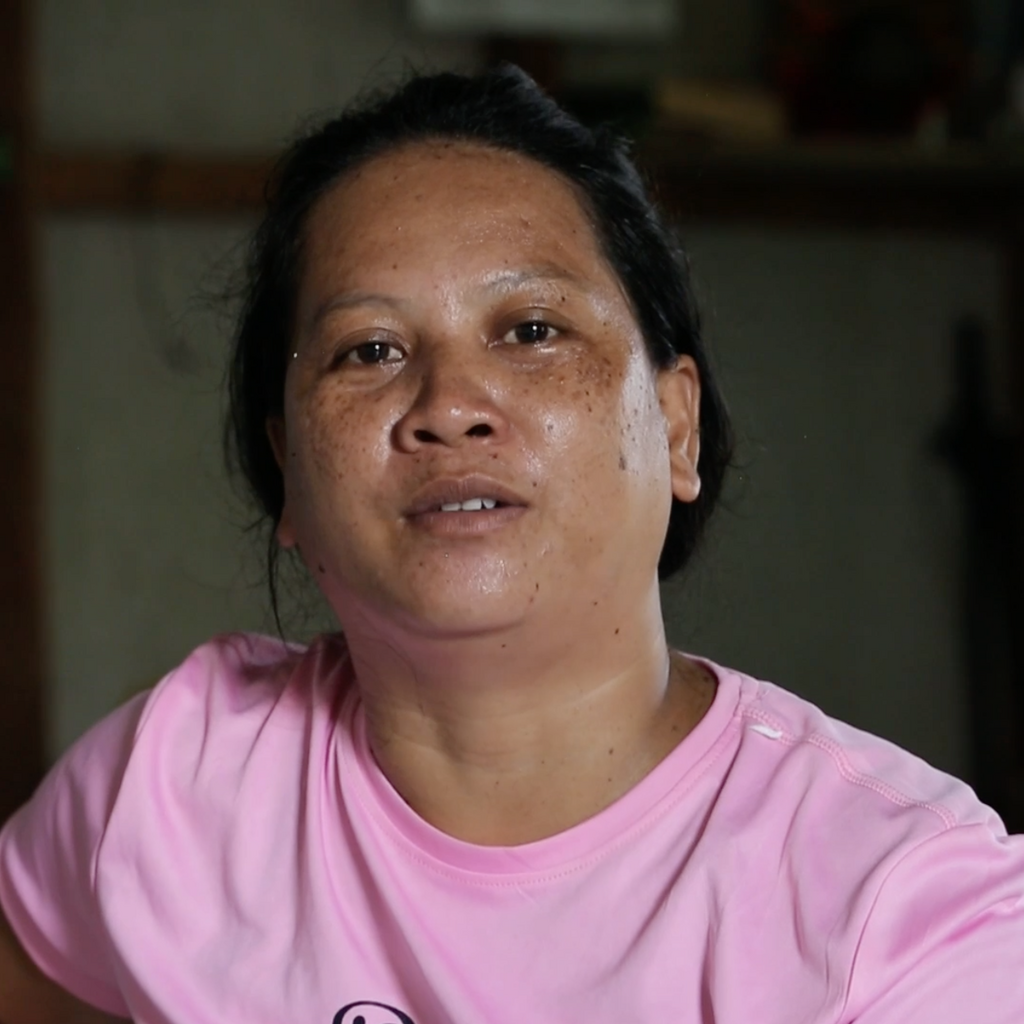
"Oil companies should be held accountable for the devastation we are experiencing."
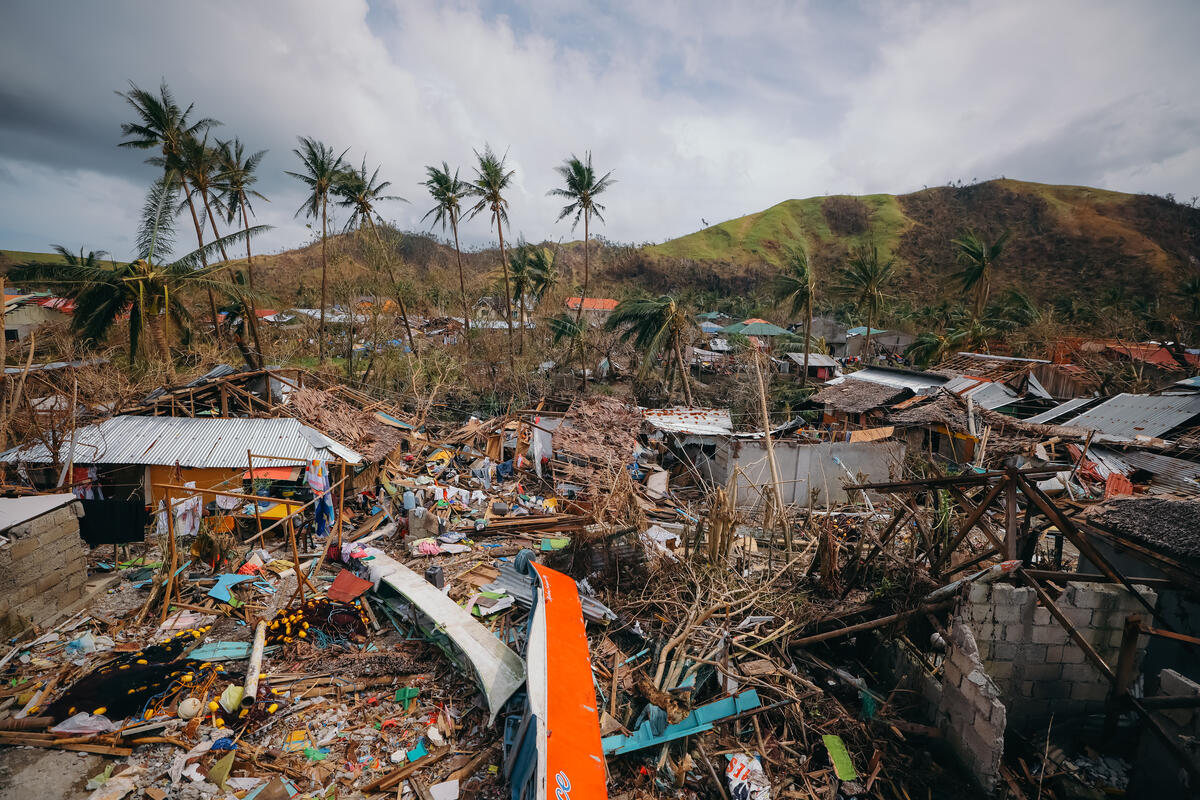
Oil and gas companies cause the destruction of our environment. They should be held accountable for the devastation we are experiencing. I am encouraging all of you to support us and sign the petition so they will pay for the loss and damage they have caused.
Time to hold oil corporations accountable
The climate crisis is no longer a distant threat. It is a stark, immediate reality for communities everywhere. More lives will be shattered by extreme weather events as long as oil companies keep polluting and remain unaccountable.
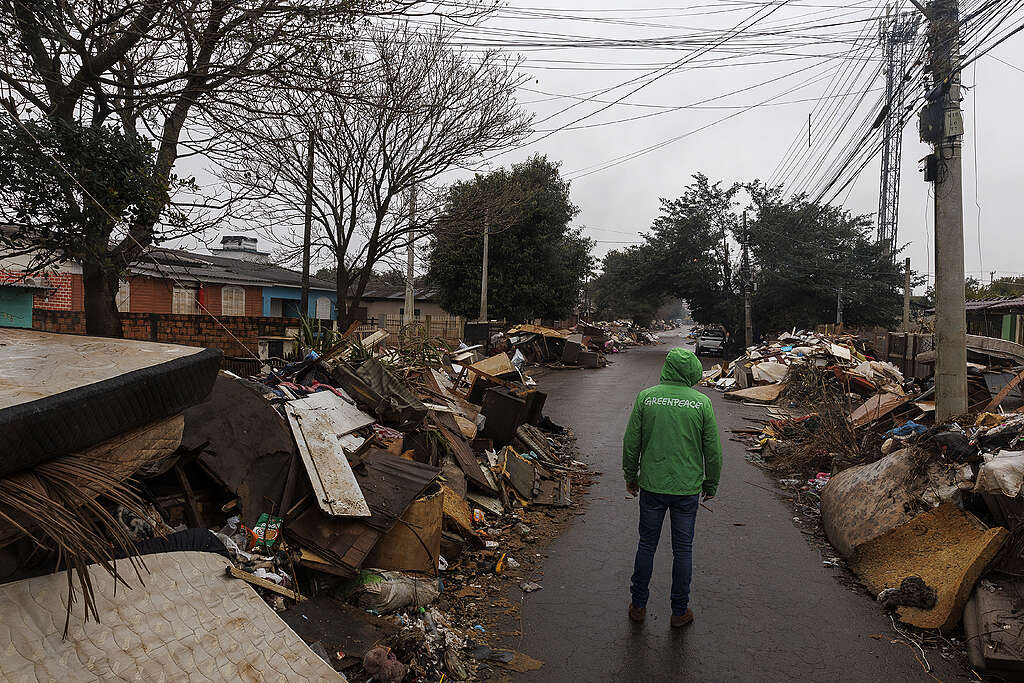
By demanding that oil corporations stop drilling and start paying, we can shift the course toward a just and livable future.
You can accelerate this change: Sign the petition below.
It's time to make the polluters pay. Sign now to hold the oil and gas corporations accountable, and support a safe and fair future for all.

